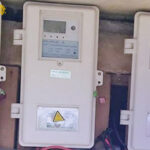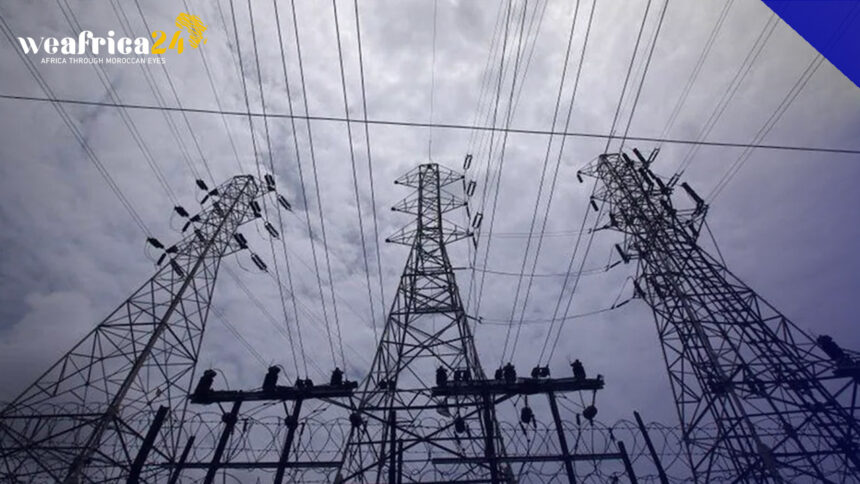Sub-Saharan Africa has been grappling with a chronic power shortage that has had a significant impact on economic development, social progress, and the daily lives of millions of people. The region is home to over 1 billion people, yet over half of them do not have access to electricity. This lack of access to power is a significant barrier to development, and it has severe implications for public health, education, and economic growth.
The power crisis in sub-Saharan Africa is a complex issue with several contributing factors. One of the primary causes is the lack of investment in the power sector. Many countries in the region have inadequate infrastructure, outdated technologies, and insufficient financial resources to meet the growing electricity demand. The result is an unreliable and expensive power supply that limits the region’s economic potential.
Another factor contributing to the power crisis in sub-Saharan Africa is the lack of access to financing for power projects. Many countries in the region struggle to attract foreign investment due to political instability, weak governance, and inadequate legal frameworks. The lack of investment capital has resulted in a shortage of funds for power projects, limiting the region’s ability to build new power plants, upgrade existing infrastructure, and invest in renewable energy.
Impacts on Health, Education, and Economic Development
The power crisis in sub-Saharan Africa has severe consequences for the region’s development. The lack of access to electricity has a direct impact on public health, as it limits access to medical care and proper sanitation. Without electricity, hospitals are unable to operate medical equipment and provide life-saving treatments. Lack of electricity also affects the education sector, as students cannot study after dark or access online resources, limiting their ability to learn and develop critical skills.
Furthermore, the lack of reliable power has significant implications for economic growth. Businesses cannot operate efficiently without a reliable power supply, and the high cost of electricity limits the growth of small and medium-sized enterprises, which are critical drivers of job creation and economic development. Without a reliable power supply, many businesses are forced to rely on expensive and polluting diesel generators, which further exacerbates the region’s energy and environmental challenges.







